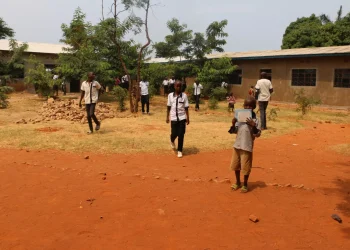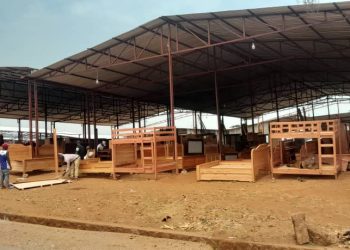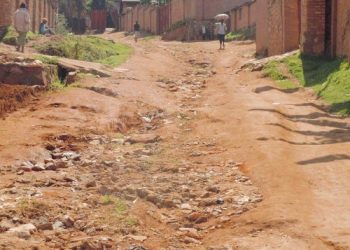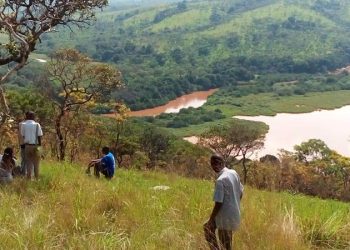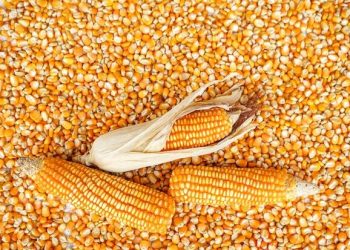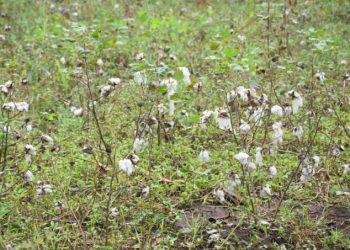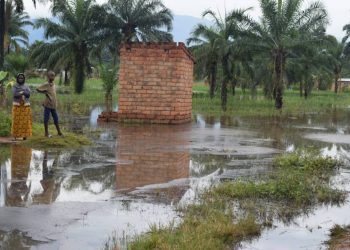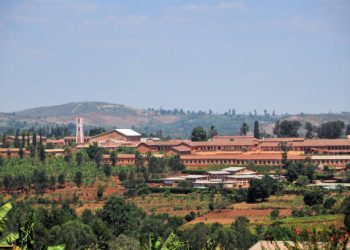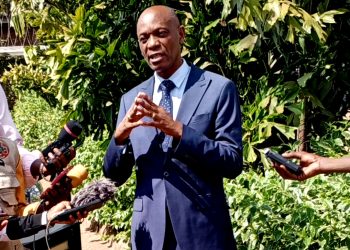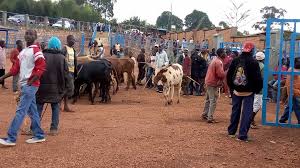By Avit Ndayiziga
In Burundi, as elsewhere, food prices have spiked since the end of 2021. This has led to a double burden of starvation and ill health on the fragile shoulders of displaced and vulnerable individuals living with HIV in the Mafubo site of Zone Maramvya, in rural Bujumbura province. Displaced residents of Mafubo see it first-hand.

Nzeyimana Hassan and Nzonywayingoma Mawazo are a married couple with three children. They have been living with HIV since 2011. In 2021, they settled in the Mafubo shelter for forced migrants after being displaced from Gatumba due to the rising water levels of Lake Tanganyika and the Rusizi River.
The flooding ruined their home and agricultural products. About 486 inhabitants (131 households) live in the Mafubo settlement located four kilometers from Bujumbura the capital city of Burundi.
The IOM reported that the flooding has impacted a total of 40,000 individuals, with 13,000 being forced to relocate from their dwellings.
Food inflation is ravaging the site, which makes it very challenging for those on antiretroviral medications to eat a healthy diet.
“It saddens me when the time comes to swallow pills. These drugs hurt if taken on an empty stomach. As per our doctor’s instructions, we have to take these pills twice a day, and before doing so, we must eat. Unfortunately, we cannot afford to have two meals a day. We barely manage to eat once a day, and the food we consume lacks essential nutrients such as proteins, vitamins, and lipids. We are left with no choice but to wait for our inevitable demise. Mawazo noted.
The 61-year-old HIV-positive Baranzira Paul, who resides in the Mafubo site due to flooding in the Gatumba zone as well, expressed his concerns.
“We receive medication as usual, but we do not have access to food as it was before the inflation. It is a dream to eat meat or fish; even though they are among the main food we were advised to eat on a regular basis, even beans have increased to 4,000 BIF. Despite my doctor’s recommendation to take pills twice a day, I choose to take them only once. I swallow them at night since I cannot obtain food in the morning. The doctor has warned me that this weakens antibodies and advised against it, but I do not have a choice.” Paul noted this as well.
Eric Sibomana, the person in charge of the site, confirms that he is aware of the problem, and has sent out this message to higher authorities, but they have yet to react.
The Central Bank of Burundi revealed a staggering food price inflation rate of 41.5% on February 15th, 2023.
According to economists, several factors have contributed to upsurging food costs, including low exportation, changing climate conditions that have resulted in a drop in food production, and Russia’s invasion of Ukraine.
Leonidas Ndayizeye, an economist, tries to figure out what is behind the recent rise in prices.
He claims that the globe has endured two big upheavals recently: the coronavirus pandemic and the Russian invasion of Ukraine.
“As we were beginning to recover from the initial shock, a second blow hit, impacting two significant economies: Russia and Ukraine. These countries have made significant investments in agricultural production and are known worldwide as the breadbasket for wheat, maize, and other agricultural products. Given that almost nothing has been exported from Ukraine since the crisis began, global markets have overreacted to the situation”. Leonidas made a note of it.
While direct imports from Russia or Ukraine may be insignificant in Burundi, the country still receives commodities from other countries that rely on Russia or Ukraine as the primary source.
“An example of this is that over 95% of sunflower oil imported to Burundi (and Rwanda) originally stems from Egypt – where all its exportation of sunflower oil is sourced immediately from either Russia or Ukraine”. Leonidas added.
Leonidas pointed out that rising and scarce gasoline supplies in Burundi not only caused prices to rise, but this situation constituted a secondary effect, leading to upper rates for other everyday essentials, including locally produced items.
According to the 2022 Quarterly-Bulletin-of-Foreign-Trade of the Institute of Statistics and Economic Studies of Burundi (ISTESBU), Burundi experienced a significant increase in imports during the third quarter of 2022, with a rise of approximately 30%.
The total value of imports during this period was 659.7 billion BIF, compared to 507.3 billion BIF in the previous year. This surge in import value can be attributed to the main imported products, which include petroleum products, mineral or chemical fertilizers, and wheat. The value of these products has increased considerably.
The top imports during the third quarter of 2022 were petroleum products (23.1%), mineral or chemical fertilizers (5.7%), wheat and cars (3.7%), medicines (3.2%), and cement and rolled products (2.5%). It is important to note that these products may not have been the same as those imported during the same period last year.
As per the report, there was a significant surge of 34.1% in exports during the third quarter of 2022 as compared to the same period in the previous year. This growth is majorly attributed to coffee and tea exports, which accounted for 29.1% and 21.9% respectively of all exports during this quarter.
The total value of exports for Q3 2022 stood at BIF 68.4 billion, which is a remarkable increase from BIF 50.98 billion in the same quarter of the previous year, indicating a substantial rise of 31.5% compared to Q2 2022.
Despite this positive trend in exports, there is still a significant gap between imports worth BIF 659.7 billion and exports worth BIF 68.4 billion, resulting in a severe shortage of foreign currency, putting pressure on the local currency, and fueling food inflation fears.
According to the Burundi Country Private Sector Diagnostic published on 2 November 2022 during the first-ever forum of the private sector of Burundi by the World Bank and International Finance Corporation team.
Food inflation in Burundi can also be attributed to the country’s low-productivity agriculture. The agricultural sector’s share of total GDP has declined from 53 percent in 1996 to almost 30 percent in 2020, with the tertiary sector gaining increased weight and now accounting for almost half of GDP.
The secondary sector’s contribution remains relatively low at 17 percent of GDP. Despite this decline, smallholder farming still provides almost 85 percent of the population with income and employment and is responsible for 95 percent of the local food supply.
Agricultural exports, which contribute less than 5 percent of GDP, play a critical role in driving revenues, employment, and foreign exchange.
However, this dependency on agricultural exports bears risks related to fluctuating global market prices and unstable local production that is highly vulnerable to climate shocks.
Gabriel Rufyiri, the leader of the Observatoire de Lutte contre la Corruption et les Malversations Economiques (OLUCOME), argues that traditional farming methods, which rely on using a hoe, are no longer sufficient to produce enough food to keep up with the vigorous population growth in Burundi. With an average family holding up to six children. He pleads for responsible strategic measures from the administration to provide essential necessities for impoverished citizens.
Marie Chantal Nijimbere, the minister for Trade, Transport, Industry, and Tourism outlines that during a period of inflation, are issue the ministry issues supervisors to investigate whether any instructions from the ministry have been adhered to at the market. Nonetheless, she remarked that the discrepancy in supply and demand is responsible for inflation.


